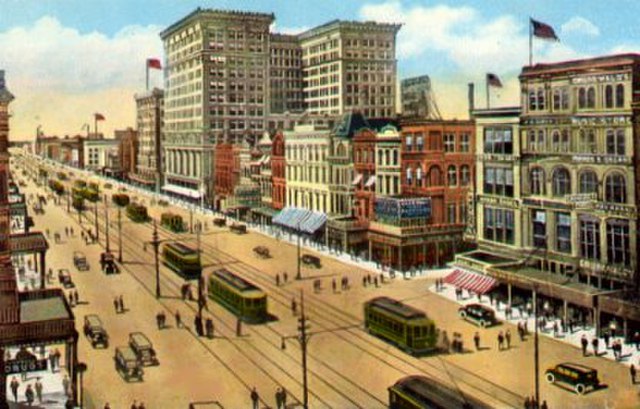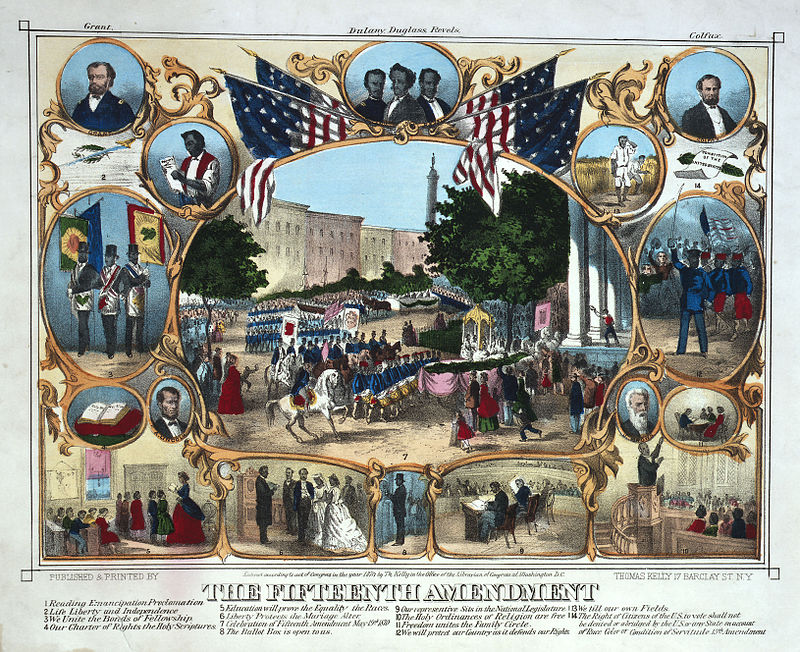
Introduction to Lesson 15
Maultsby and Burnim define big-band jazz as a form that evolved from New Orleans-styled combos in the late 1920s (Burnim and Maultsby 2015, 168). The jazz that was being recorded and printed in arrangements for brass, reed, and percussion instruments resulted from the cultural interchange between African Americans, Creoles, and migrant workers from the West Indies. Despite all these influences, jazz would retain the age-old African traditions of:
- Call-and-response, reflected in two groups of instruments exchanging melodic phrases in dialogue with the other
- Improvisation, now more evidently displayed by solo instruments
- Syncopation, which continued to permeate all genres of African American music
It is abundantly clear that African American music and culture profusely reflect a people's arduous struggle through time and circumstance. Moreover, African American music displays an innate ability to transcend and transform their struggles into an expression that consequently becomes the identified style of American music, permeated with tenacity and grit. Jazz is the first African American artform not wrought through pain. Jazz is "freedom's" music seasoned with the mystical/ethereal fervor of the blues and infused with the celebratory yet ludic complexities of ragtime. Note, however, just enough to sever its ties to black-face minstrelsy.
This lesson will reveal how jazz developed and ushered in a movement where African Americans claim their rightful place in American society. Although the Thirteenth, Fourteenth, and Fifteenth Amendments may have appeared to be a milestone toward civil rights, in truth, the ever-present "Jim Crow" proved their validity passive at best, and therefore, kindly escorted millions of African Americans from the South to the Midwest and Northeast.
I Must Have That Man
I'm like an oven
That's cryin' for heat
He treats me awful
Each time that we meet
It's just unlawful
How that boy can cheat
But I must have that man
Don't Worry 'Bout Me
Don't worry 'bout me Forget about me
Just be happy my love







